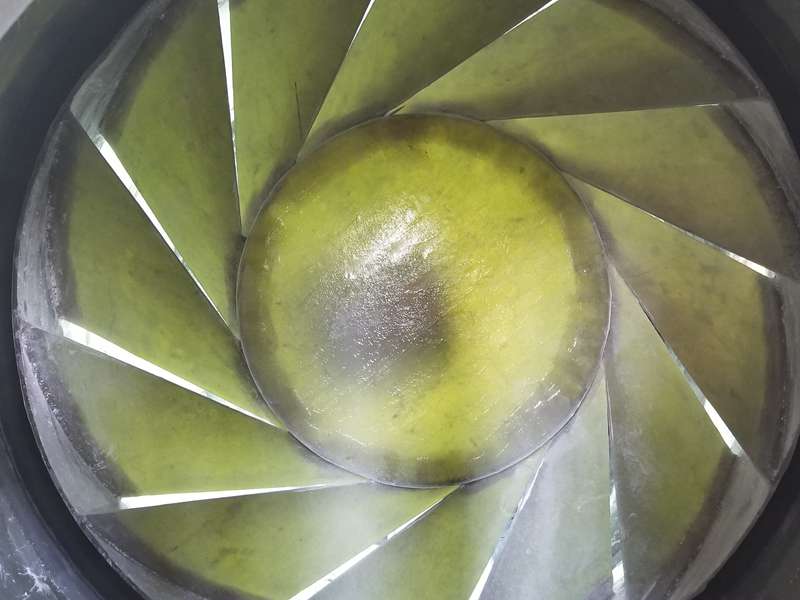
-
 Afrikaans
Afrikaans -
 Albanian
Albanian -
 Amharic
Amharic -
 Arabic
Arabic -
 Armenian
Armenian -
 Azerbaijani
Azerbaijani -
 Basque
Basque -
 Belarusian
Belarusian -
 Bengali
Bengali -
 Bosnian
Bosnian -
 Bulgarian
Bulgarian -
 Catalan
Catalan -
 Cebuano
Cebuano -
 China
China -
 China (Taiwan)
China (Taiwan) -
 Corsican
Corsican -
 Croatian
Croatian -
 Czech
Czech -
 Danish
Danish -
 Dutch
Dutch -
 English
English -
 Esperanto
Esperanto -
 Estonian
Estonian -
 Finnish
Finnish -
 French
French -
 Frisian
Frisian -
 Galician
Galician -
 Georgian
Georgian -
 German
German -
 Greek
Greek -
 Gujarati
Gujarati -
 Haitian Creole
Haitian Creole -
 hausa
hausa -
 hawaiian
hawaiian -
 Hebrew
Hebrew -
 Hindi
Hindi -
 Miao
Miao -
 Hungarian
Hungarian -
 Icelandic
Icelandic -
 igbo
igbo -
 Indonesian
Indonesian -
 irish
irish -
 Italian
Italian -
 Japanese
Japanese -
 Javanese
Javanese -
 Kannada
Kannada -
 kazakh
kazakh -
 Khmer
Khmer -
 Rwandese
Rwandese -
 Korean
Korean -
 Kurdish
Kurdish -
 Kyrgyz
Kyrgyz -
 Lao
Lao -
 Latin
Latin -
 Latvian
Latvian -
 Lithuanian
Lithuanian -
 Luxembourgish
Luxembourgish -
 Macedonian
Macedonian -
 Malgashi
Malgashi -
 Malay
Malay -
 Malayalam
Malayalam -
 Maltese
Maltese -
 Maori
Maori -
 Marathi
Marathi -
 Mongolian
Mongolian -
 Myanmar
Myanmar -
 Nepali
Nepali -
 Norwegian
Norwegian -
 Norwegian
Norwegian -
 Occitan
Occitan -
 Pashto
Pashto -
 Persian
Persian -
 Polish
Polish -
 Portuguese
Portuguese -
 Punjabi
Punjabi -
 Romanian
Romanian -
 Russian
Russian -
 Samoan
Samoan -
 Scottish Gaelic
Scottish Gaelic -
 Serbian
Serbian -
 Sesotho
Sesotho -
 Shona
Shona -
 Sindhi
Sindhi -
 Sinhala
Sinhala -
 Slovak
Slovak -
 Slovenian
Slovenian -
 Somali
Somali -
 Spanish
Spanish -
 Sundanese
Sundanese -
 Swahili
Swahili -
 Swedish
Swedish -
 Tagalog
Tagalog -
 Tajik
Tajik -
 Tamil
Tamil -
 Tatar
Tatar -
 Telugu
Telugu -
 Thai
Thai -
 Turkish
Turkish -
 Turkmen
Turkmen -
 Ukrainian
Ukrainian -
 Urdu
Urdu -
 Uighur
Uighur -
 Uzbek
Uzbek -
 Vietnamese
Vietnamese -
 Welsh
Welsh -
 Bantu
Bantu -
 Yiddish
Yiddish -
 Yoruba
Yoruba -
 Zulu
Zulu
Durable Solutions for Efficient Water Management with Fiberglass Launder Systems
Exploring the Benefits of Fiberglass Launders in Modern Industries
In recent years, the use of fiberglass launders has emerged as a significant advancement in various industrial applications, bringing a host of benefits that enhance efficiency and durability. Fiberglass, a composite material made from fine glass fibers and resin, is known for its exceptional strength-to-weight ratio, resistance to corrosion, and long lifespan. These properties make fiberglass launders an ideal choice for transporting liquids and slurries in industries such as mining, wastewater treatment, and chemical processing.
One of the primary advantages of fiberglass launders is their resistance to harsh environmental conditions. Unlike traditional materials like metal or concrete, fiberglass does not rust, rot, or corrode, even when exposed to aggressive chemicals or extreme temperatures. This longevity translates to lower maintenance costs and reduced downtime, allowing businesses to operate more efficiently. Additionally, fiberglass launders are lightweight, making them easier to install and handle, which can significantly expedite project timelines.
Another critical benefit of fiberglass launders is their ability to be custom-designed to fit specific applications. Manufacturers can create launders in various shapes and sizes, accommodating unique operational requirements while maximizing flow efficiency. This customization ensures that industries can utilize the most effective solutions for their processes, minimizing the risks of spillages and blockages.
fiberglass launder

Moreover, fiberglass launders contribute to environmental sustainability. Their durability reduces the need for frequent replacements, lowering the consumption of raw materials and minimizing waste. Additionally, since fiberglass is non-toxic and resistant to chemical leaching, it ensures that the transported liquids remain uncontaminated, promoting cleaner production processes.
In terms of operational efficiency, fiberglass launders also excel in minimizing turbulence during liquid transport. Their smooth surfaces and strategic design help to maintain a steady flow rate, reducing the likelihood of sediment buildup and ensuring consistent performance. This characteristic is particularly beneficial in applications where precision is crucial, such as in the treatment of wastewater or the recovery of valuable minerals in mining.
As industries continue to evolve, the demand for innovative solutions like fiberglass launders will only grow. By combining strength, versatility, and sustainability, fiberglass launders are poised to play a vital role in enhancing operational efficiency and reducing environmental impact across various sectors. Ultimately, their integration into industrial processes reflects a broader trend toward modernization and responsible resource management, making fiberglass launders a smart choice for future-focused businesses.









